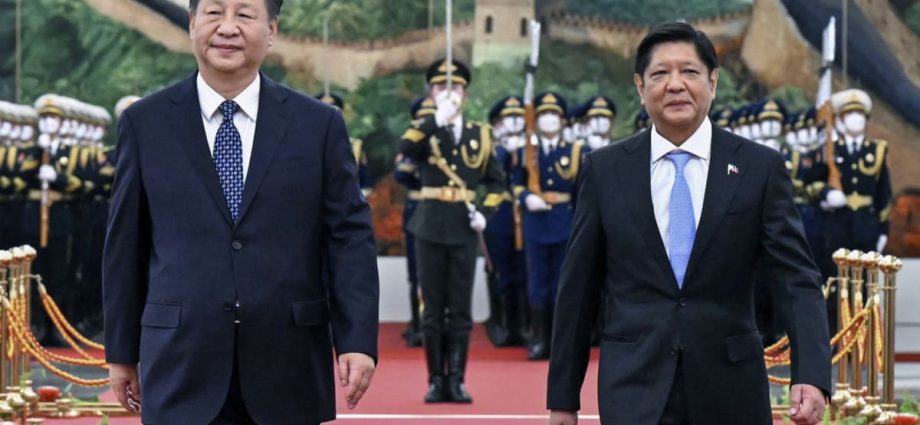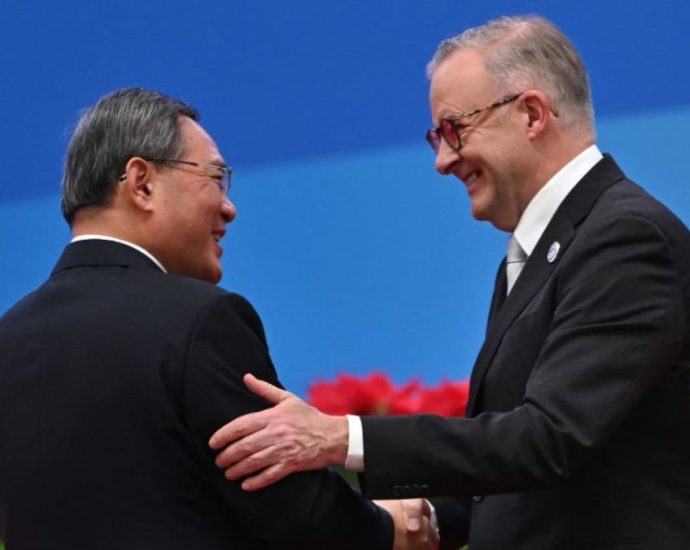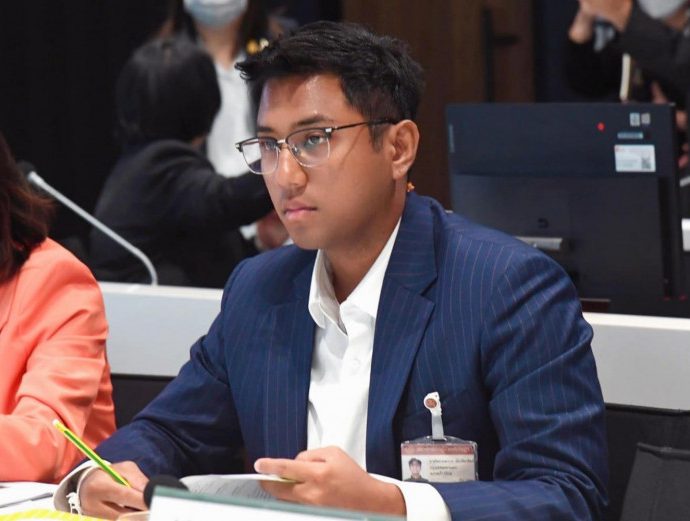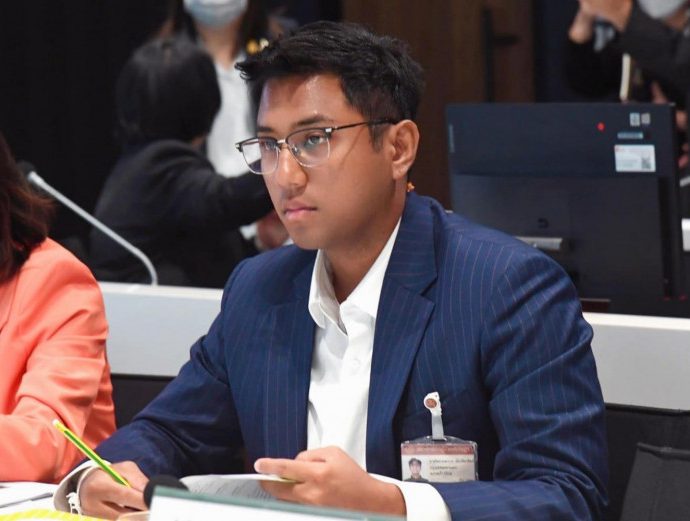Philippines’ Marcos meets China’s Xi to find ways to reduce South China Sea tensions
Filipino fishermen have complained that Chinese coastguard and maritime militia ships are preventing them from fishing in parts of the Philippines’ 200-mile exclusive economic zone. Marcos said he and Xi were in agreement that geopolitical problems should not be the defining element of the two countries’ relationship. Since taking officeContinue Reading

















